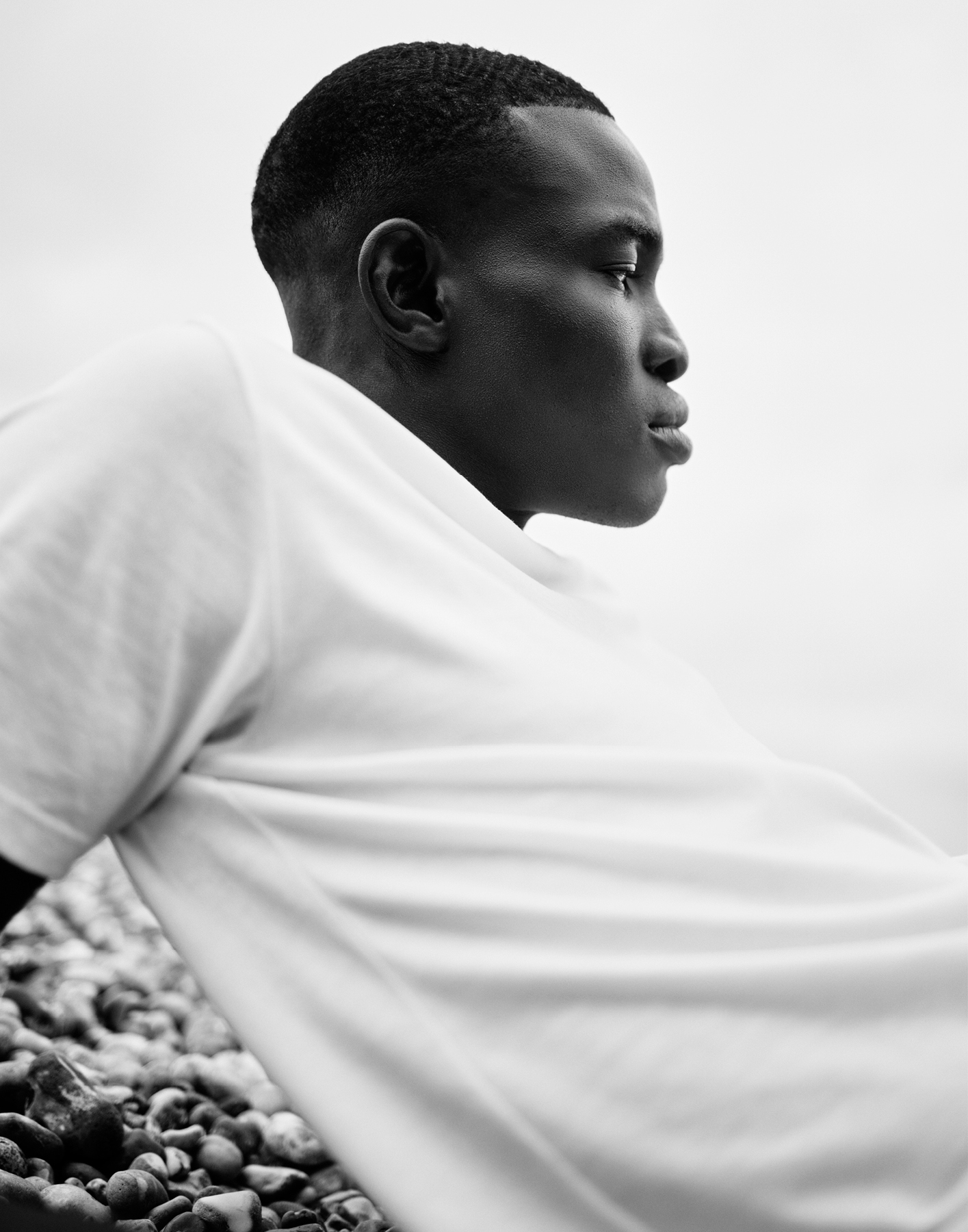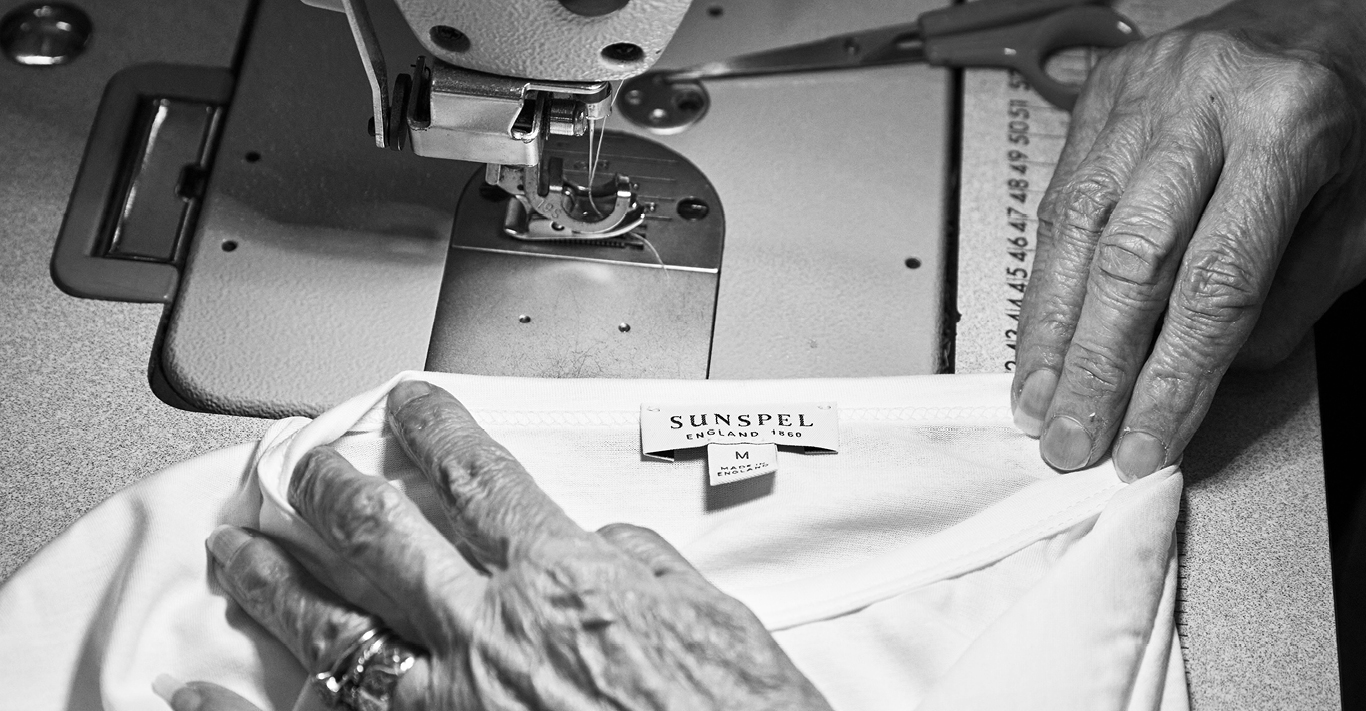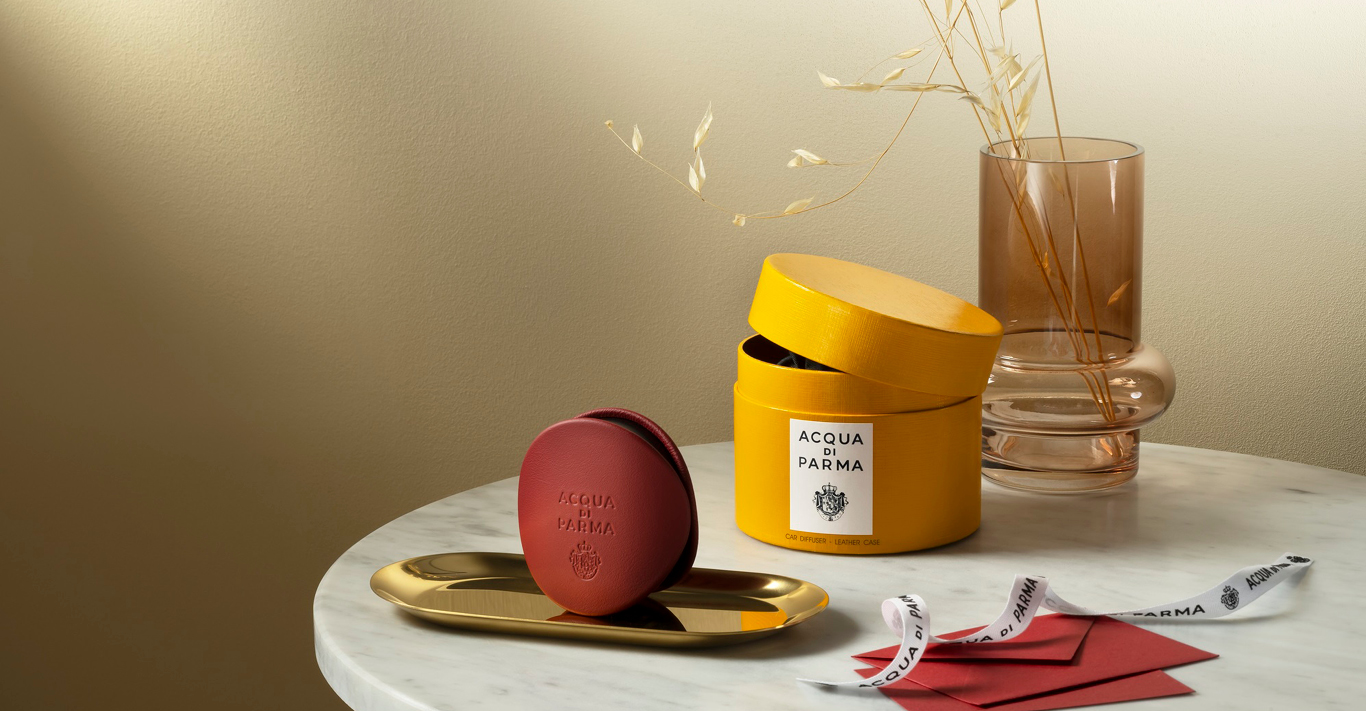WORDS
Shane C Kurup
In the workroom at Sunspel’s Cavendish House mill, the buzz of industry pervades the air. This euphonious din was once commonplace in these parts, but the past 40 years have seen many a factory floor fall silent, as longstanding manufacturers surrendered to the fiscal advantage of production in the Far East. But here, the cogs of Britain’s proud industrial nous still continue to turn amid the tide of change.
Sunspel – founded in 1860 – has been based in Long Eaton, Derbyshire, since the 1930s, in a complex of 19th-century mill buildings. The hub now specialises in the production of its signature classic jersey T-shirts for both the western and Japanese markets. Here, they stick to the techniques and standards that have assured the brand’s success through the reign of six monarchs, numerous economic slumps and two world wars.
For its 0001 classic T-shirt, life begins on the cutting table, where bolts of long-staple Californian Supima cotton – 50 per cent softer and more durable than standard cotton – are hand-sheared off the roll and laid 12 deep. Paper patterns are then used to chalk-up the T-shirt’s component parts, from sleeves to shoulders and torso, before the material is cut with a hair’s-breadth precision using an electric straight-knife machine.

At the next stage, as machinists begin to stitch the left shoulder, quality control kicks in. ‘We have a roving QC assessing every area – we check the stitch count, hem spec, that all measurements fall within a 2mm tolerance, that underarms match,’ explains Debbie Smith, Sunspel’s product development technologist. ‘We find faults at the machine and address them there.’
The garment then passes onto another set of skilled hands and the neckline trim – matched to the exact bolt of cloth the T-shirt’s body has been cut from – is stitched on triple-thread overlocking machines. Despite the brand remaining loyal to traditional craft methods, it’s not reticent about tweaking the template in the name of progress.
‘We’ve invested in an entire set of twin-needle, four-thread overlocking machines, which create an even more robust stitch,’ says Smith. ‘If we’re going to invest in new equipment, we want to see how we can improve our product further.’
Next, the second shoulder and body are stitched. Watching the machinists at work is a reminder that any production line is only as good as its workforce. Nearly all of the factory’s 24 employees are local to the area, and in many cases have been honing their craft for decades.
‘I’ve been here 20 years,’ says Annette Raynor, a long-standing overlocker. ‘The benefit of our operation is that it isn’t too big – it’s friendly, so we know how everyone works.’
After the bottom hem is finished, another team attaches garment labels, before ironing and packing. Discreet paper stickers that bear the names of each worker are applied to the care labels, so owners know whose hands their tee has passed through. Today, it’s Christine and Jenny. This is just one of the many human touches you see at a business that, despite a global following, still feels like a family-owned enterprise.
We’re often sold the virtues of investing in enduring staples – and when you unwrap your crisp Derbyshire-made Sunspel tee, you know it’s built to go the distance. But perhaps most poignantly, it brings home what Made in Britain really means today, in all its rose-tinted glory.





